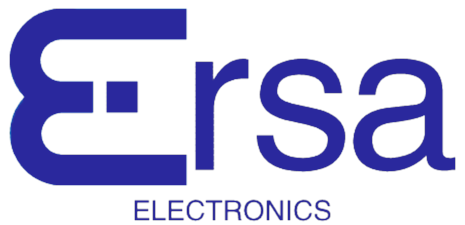ICD
The ICD (Implantable Cardioverter Defibrillator) is a life-saving medical device designed to monitor and correct abnormal heart rhythms, particularly those that can lead to sudden cardiac arrest. It is implanted under the skin and connected to the heart via leads, continuously tracking the heart's electrical activity. When it detects dangerous arrhythmias, such as ventricular tachycardia or fibrillation, the ICD delivers an electric shock to restore a normal heartbeat.
ICDs are primarily used in patients at high risk of sudden cardiac death due to conditions like heart failure, previous cardiac events, or inherited heart disorders. They play a critical role in improving survival rates and enhancing the quality of life for these individuals. The device not only provides defibrillation but also offers pacing functions to manage slower heart rates.
In advanced healthcare settings, ICDs are part of a broader range of implantable devices, supported by cutting-edge technologies that ensure accurate monitoring and rapid response. These systems integrate with electronic health records and remote monitoring platforms, enabling continuous care and timely interventions. ICDs represent a significant advancement in cardiology, combining medical expertise with innovative engineering to deliver reliable, real-time cardiac support. Their application extends across hospitals, clinics, and home care environments, making them essential tools in modern cardiovascular treatment.
Details
ICD

Related Parts
| Series Name | Description | Manufacturer Name | Attribute Description |
|---|---|---|---|
| onsemi | Dual operational amplifier with rail-to-rail input/output, 4.5MHz GBW, 2.1V to 5.5V supply, low input bias current, unity-gain stable, available in SC70-8 and SOIC-8 packages. | ||
| onsemi | Dual operational amplifier with low power consumption, 2.7V to 12V supply voltage, 1.1MHz gain bandwidth, 0.6V/µs slew rate, rail-to-rail output, available in SOIC-8 package. |








.png?x-oss-process=image/format,webp/resize,h_32)










